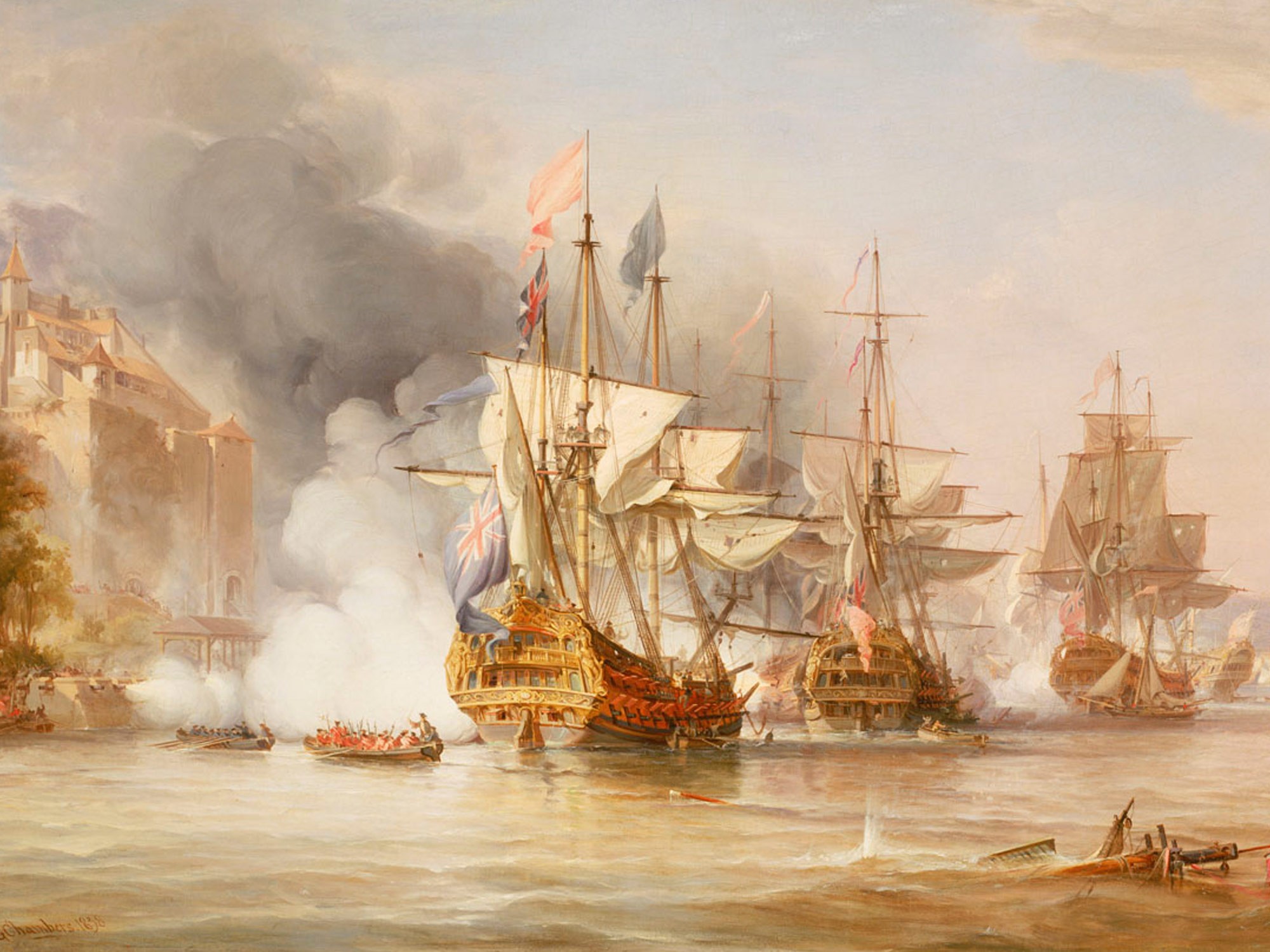
On His Majesty’s not-so secret service...
Today’s European politics have nothing on life in the 18th century, when international trade deals were settled by war and conquest. Benjamin Keene of King’s Lynn preferred the diplomatic route.
The stars must have been wonderfully aligned when Benjamin Keene was born in 1697. His family were rich, powerful and very well-connected merchants in the thriving and important port town of King’s Lynn. It no doubt helped that the family knew their neighbour well, especially as he was the country’s Prime Minister. Sir Robert Walpole was MP for Lynn for 40 years (between 1702-42) and royal favour made him Britain’s first Prime Minister in the early 1720s.
Such a remarkable rise in national politics benefited his Norfolk supporters, and the talents of young Benjamin Keene caught Walpole’s eye, who was impressed by the boy’s remarkable abilities, especially in languages. Walpole was in the process of building a network of loyal men from west Norfolk to serve as his eyes and ears throughout Europe – including his brother Horatio, who served as ambassador to the Netherlands and then Paris.
Benjamin was the eldest son of Charles Keene, who’d been mayor of King’s Lynn in 1714. His mother was Susan Rolfe of Heacham, who came from a rich and powerful landowning family. Young Ben was educated at the grammar school in the town and then the universities of Cambridge and Leyden in Holland. The Keene family household and commercial premises were located in what is now Old School Court in the town’s King Street.
From the Glorious Revolution of 1688, when William and Mary were invited to claim the British throne until the Battle of Waterloo in 1815, Britain rose to a dominant position among European trading empires and became the first nation to industrialise.
It needed its colonies in America and the West Indies to supply a huge variety of goods for a rapidly-growing population supported by the industrialisation of food production – and it needed those very same colonies as customers for its manufactured goods. British trade and colonisation proceeded apace.
In 1700, most foreign commerce (by volume and value) was conducted with Europe, but during the 18th century British overseas trade became ‘Americanised’ – by 1800, North America and the West Indies received 57% of British exports and supplied 32% per cent of the country’s imports. In 1688 England and Wales had a population of only five million but within 150 years that had almost trebled to 12 million.
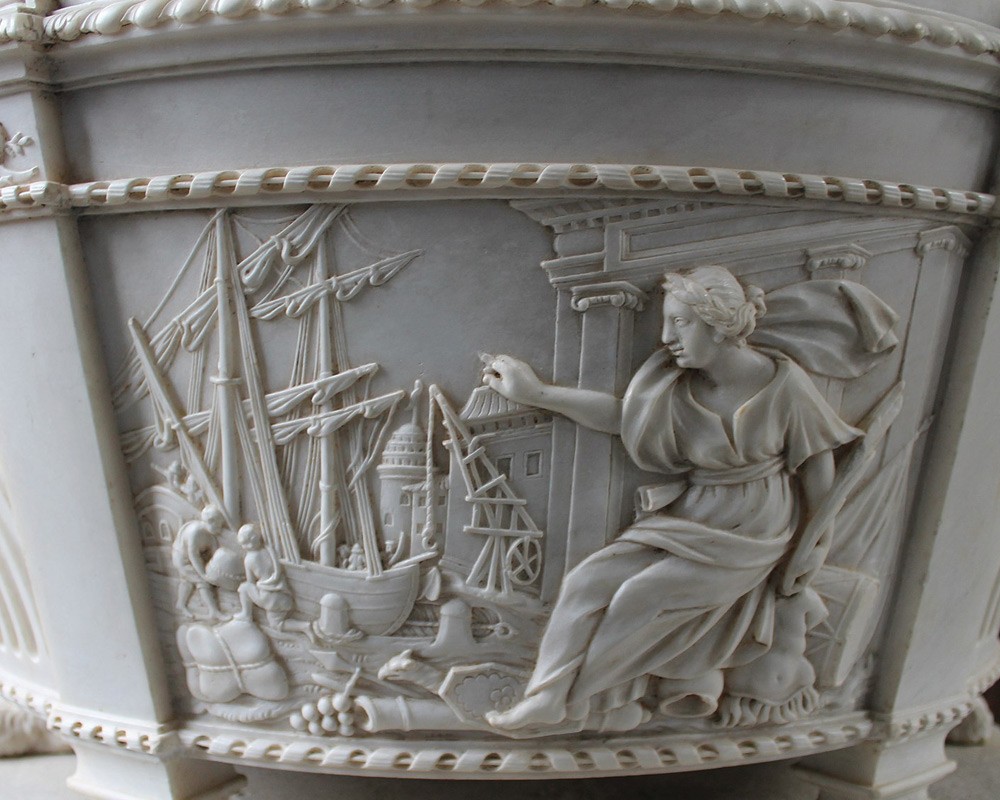
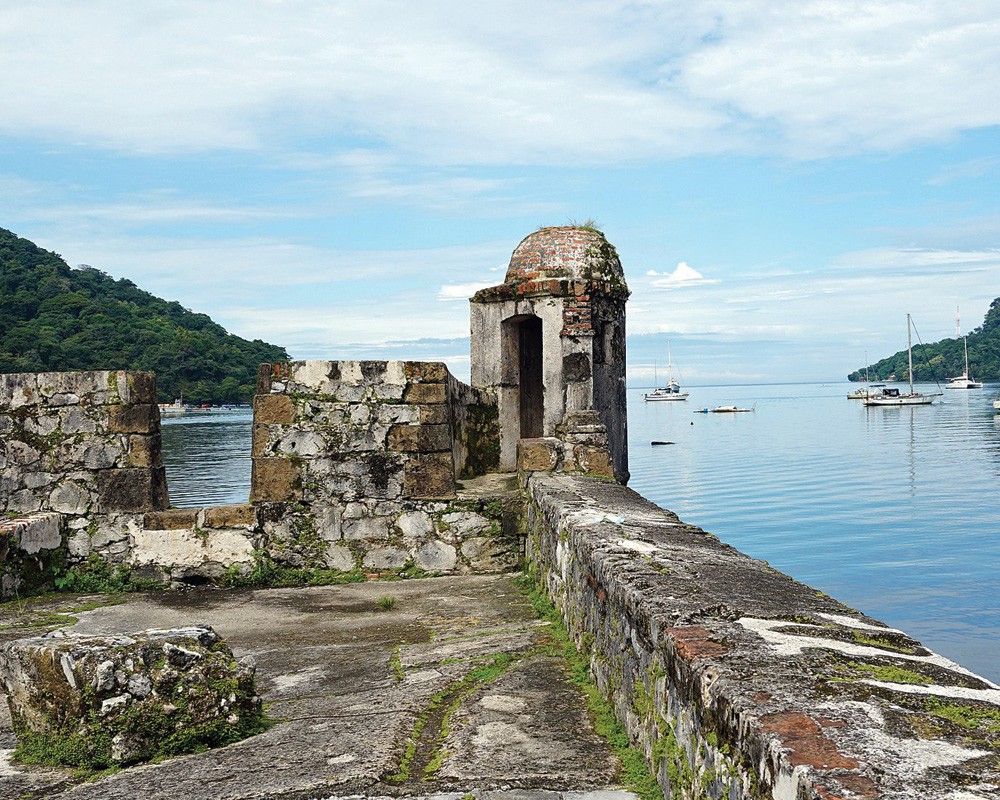
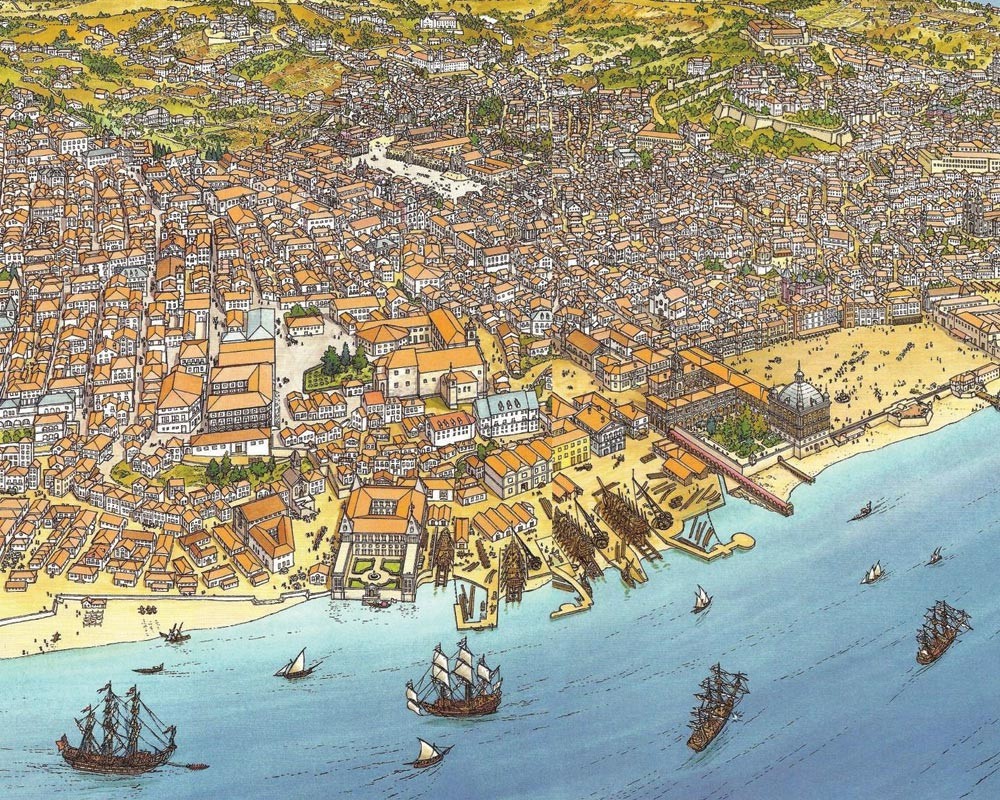
Spain, France and Holland were also keen to colonise the rest of the world, and the Spanish already had a strong foothold in South America. There was always tension, and a continuing threat of a European war with the French and Spanish joining forces against Britain to grab the lucrative American markets.
Diplomacy was needed to keep the Spanish on Britain’s side (or at least not on anyone else’s) and the man for the job was Benjamin Keene.
Walpole wanted his man in place because Keene’s advice on the quality of wine was essential to the Lynn merchants whose corn ships returned to the Wash with valuable cargoes of the drink.
It may seem a trivial matter in the world of international diplomacy – until you understand that Robert Walpole was in the habit of ordering 1,000 bottles of Portuguese wine at a time from Lynn merchants for Houghton Hall. At the very least, it had to be drinkable.
Benjamin Keene was the British ambassador to Madrid twice (1729-39 and 1748-57), carrying out Walpole’s foreign policy of maintaining peace and promoting Britain’s trade. Unfortunately, his efforts to avoid Anglo-Spanish conflict in the Americas failed in 1739 with the outbreak of the War of Jenkin’s Ear – and Keene had to come back home.
The seeds of the oddly-named conflict began with the unfortunate Captain Robert Jenkins having his ear sliced off following the boarding of his vessel by Spanish coastguards in 1731, eight years before the war began.
Popular response to the incident was tepid until several years later, when opposition politicians and the British South Sea Company whipped up outrage against Spain – believing that a victorious war would improve Britain’s trading opportunities in the colonies. Even pacifist Robert Walpole couldn’t resist the clamour.
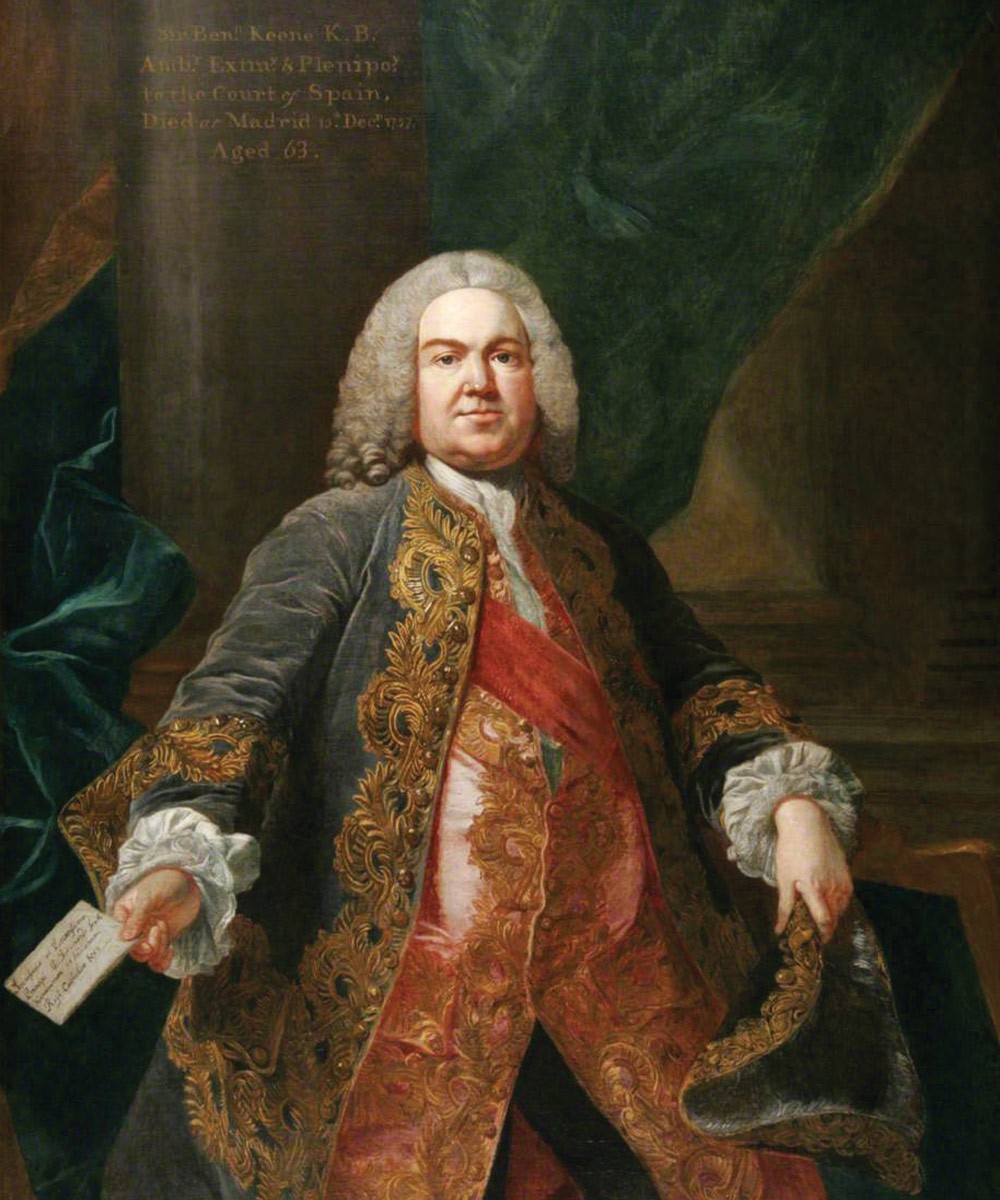
The ensuing war lasted almost a decade, and cost some 25,000 lives and the loss of almost 600 ships – and the trade position was just the same as it had been before it started, although a commission was duly formed to talk about it.
During this time, Keene returned to sit in Parliament before gladly resuming his career as a diplomat, living in Lisbon during his second posting while also being the Spanish consul. He would have been familiar with the city, as along with Malaga, Oporto and Cadiz it was one of the Spanish and Portuguese ports most frequented by merchants from King’s Lynn.
At this time, Keene played an important role in ousting the anti-British Marquis of Ensenada – and helping a new Spanish minister (of Irish descent) seize power. His efforts were rewarded by George II, who conferred the Order of the Bath on Keene – an honour presented to him by the Spanish king in a special ceremony.
When Sir Benjamin Keene (who never married) was about to retire to King’s Lynn he suddenly died in Madrid in 1757 aged just 60, and his ashes were brought back to his home town for interment.
Walpole described him as “one of the best kind of agreeable men, quite fat and easy, and of universal knowledge” and a portrait of him after Louis Michel Van Loo, court painter to Philip V of Spain hangs to this day in Lynn’s town hall.
A highly impressive marble urn which contains the ashes of Sir Benjamin Keene sits on a monumental square pedestal in the chancel of St. Nicholas’ Chapel, but the harbour scene isn’t of King’s Lynn – it depicts Lisbon, a fitting tribute to a local man who had such an influence on the European politics of his day.
